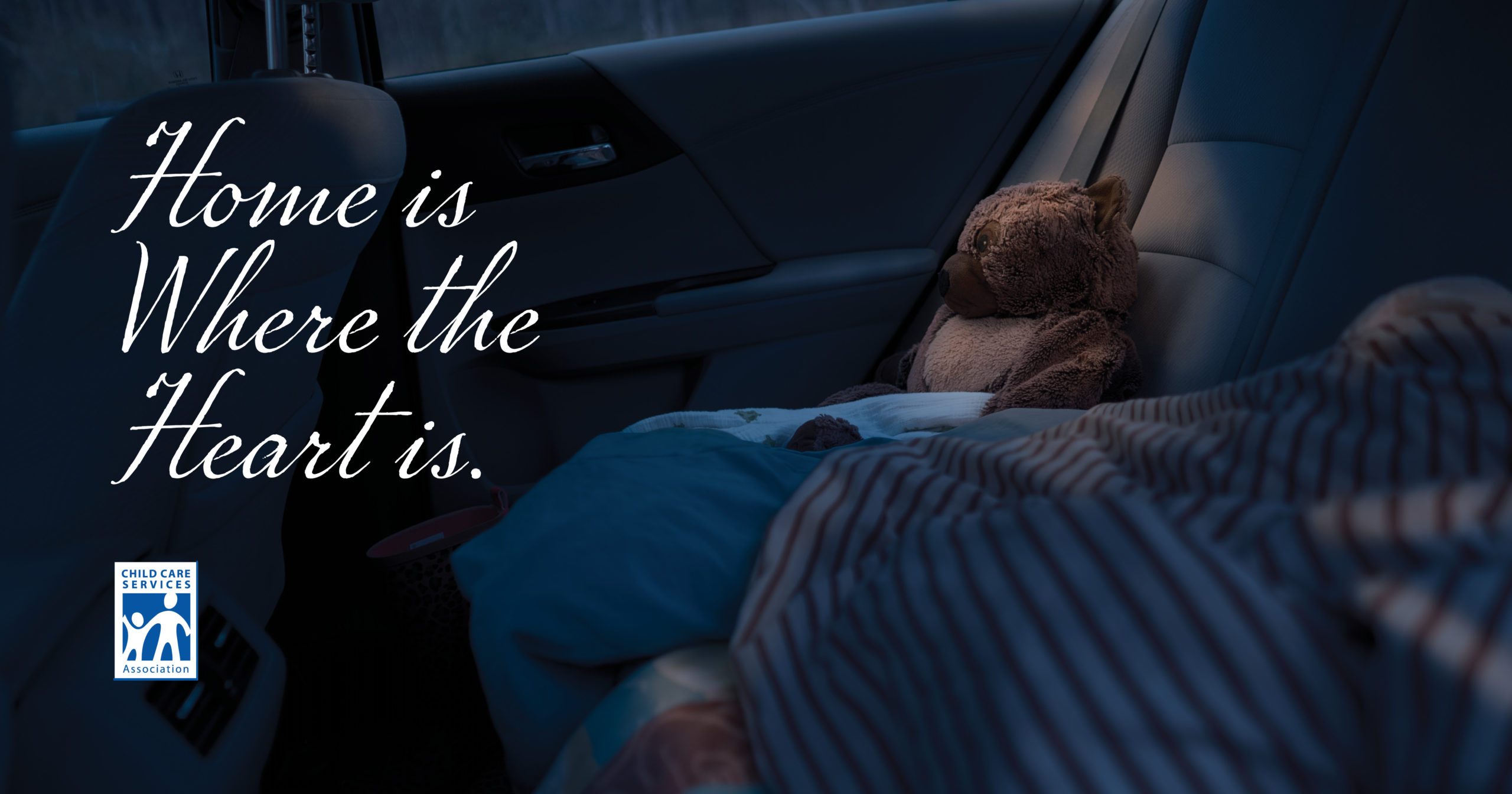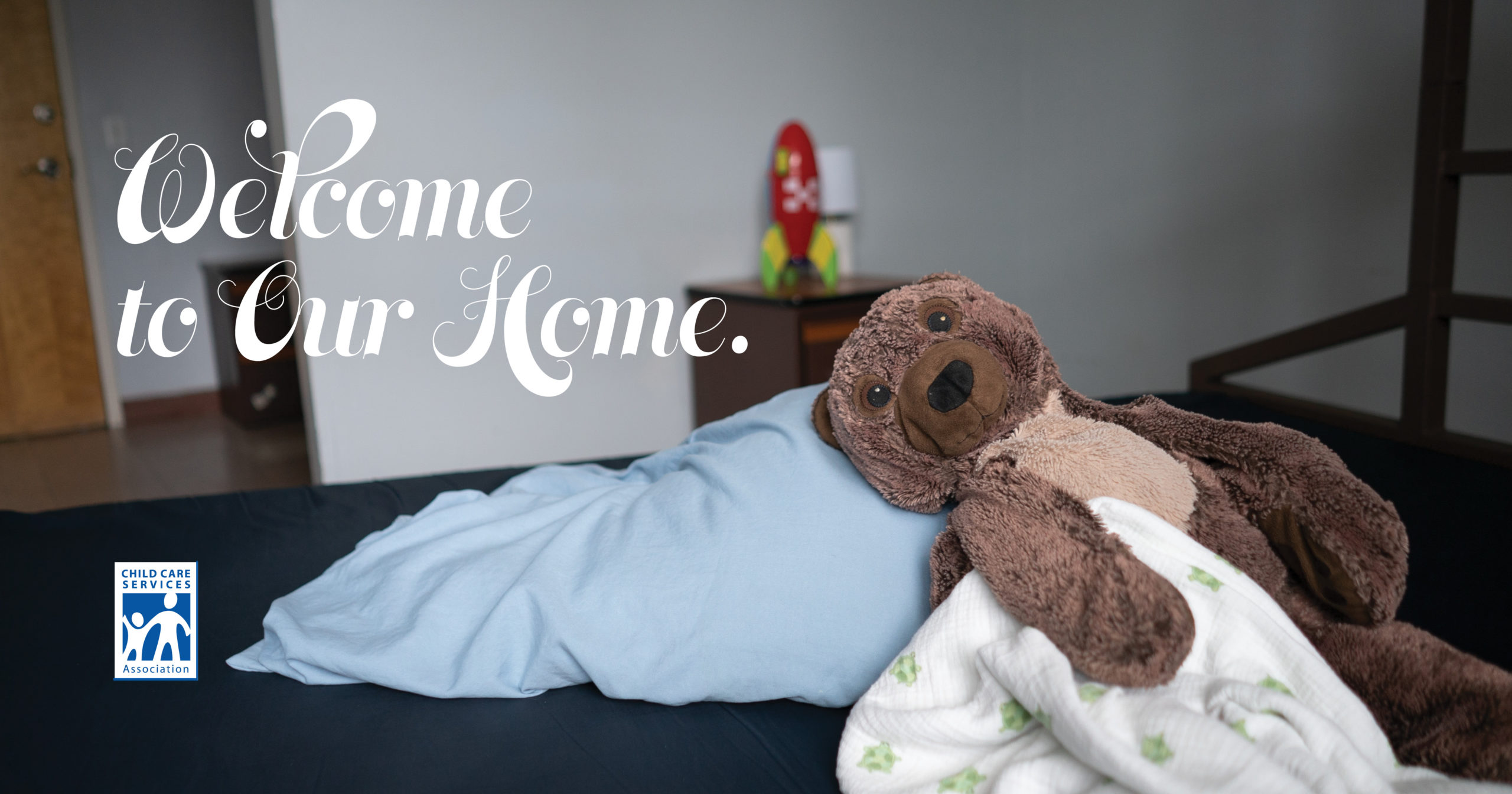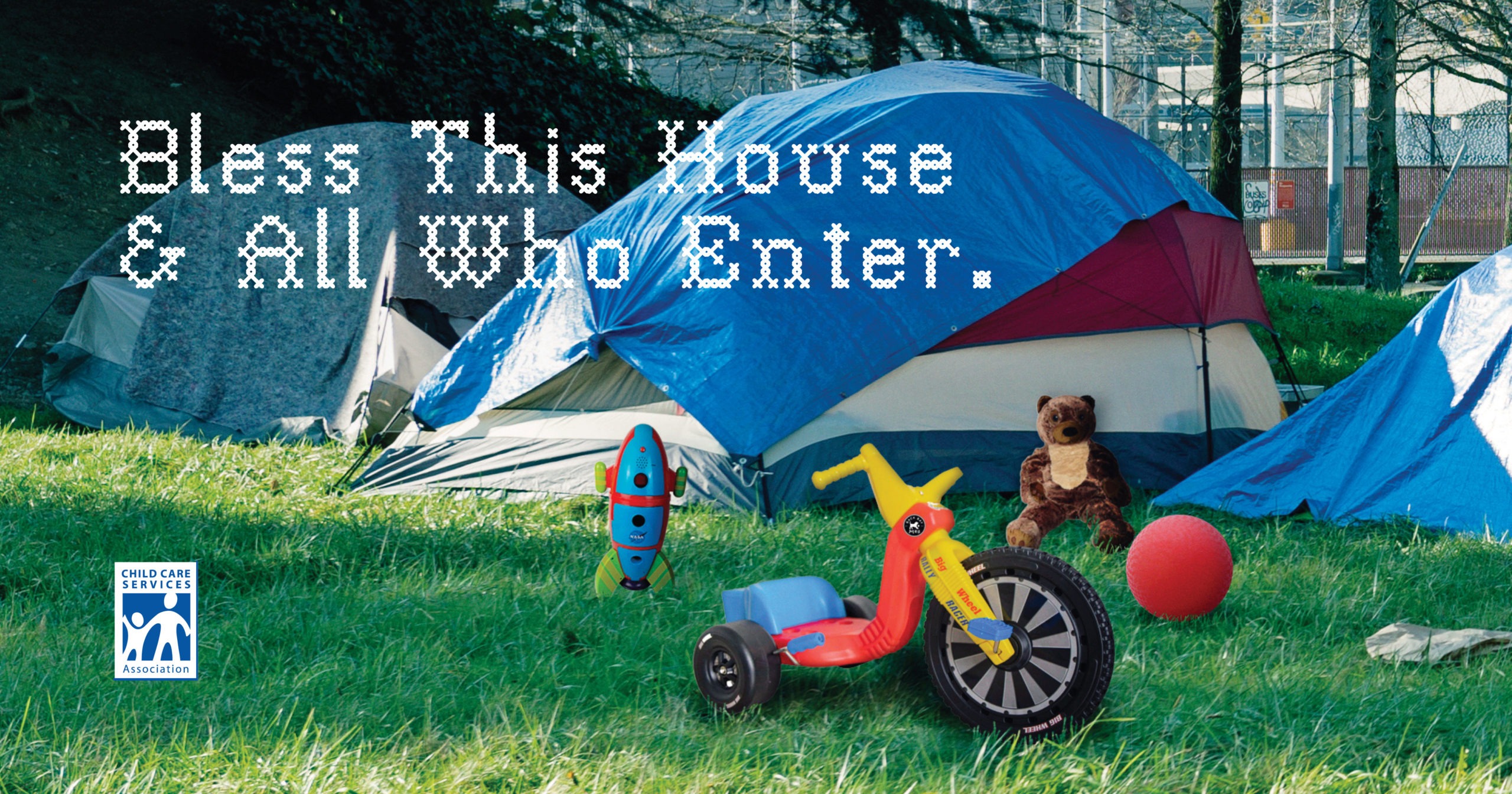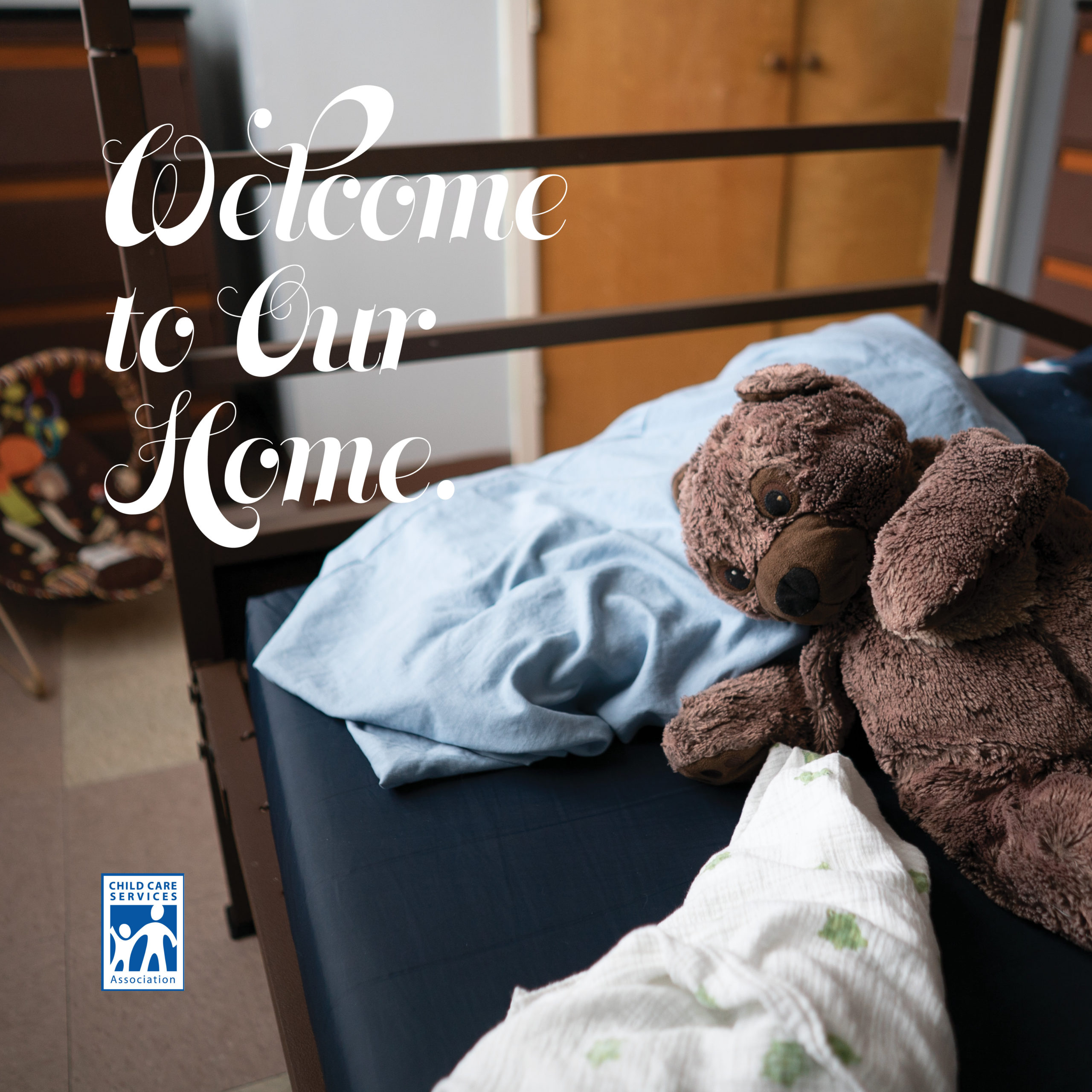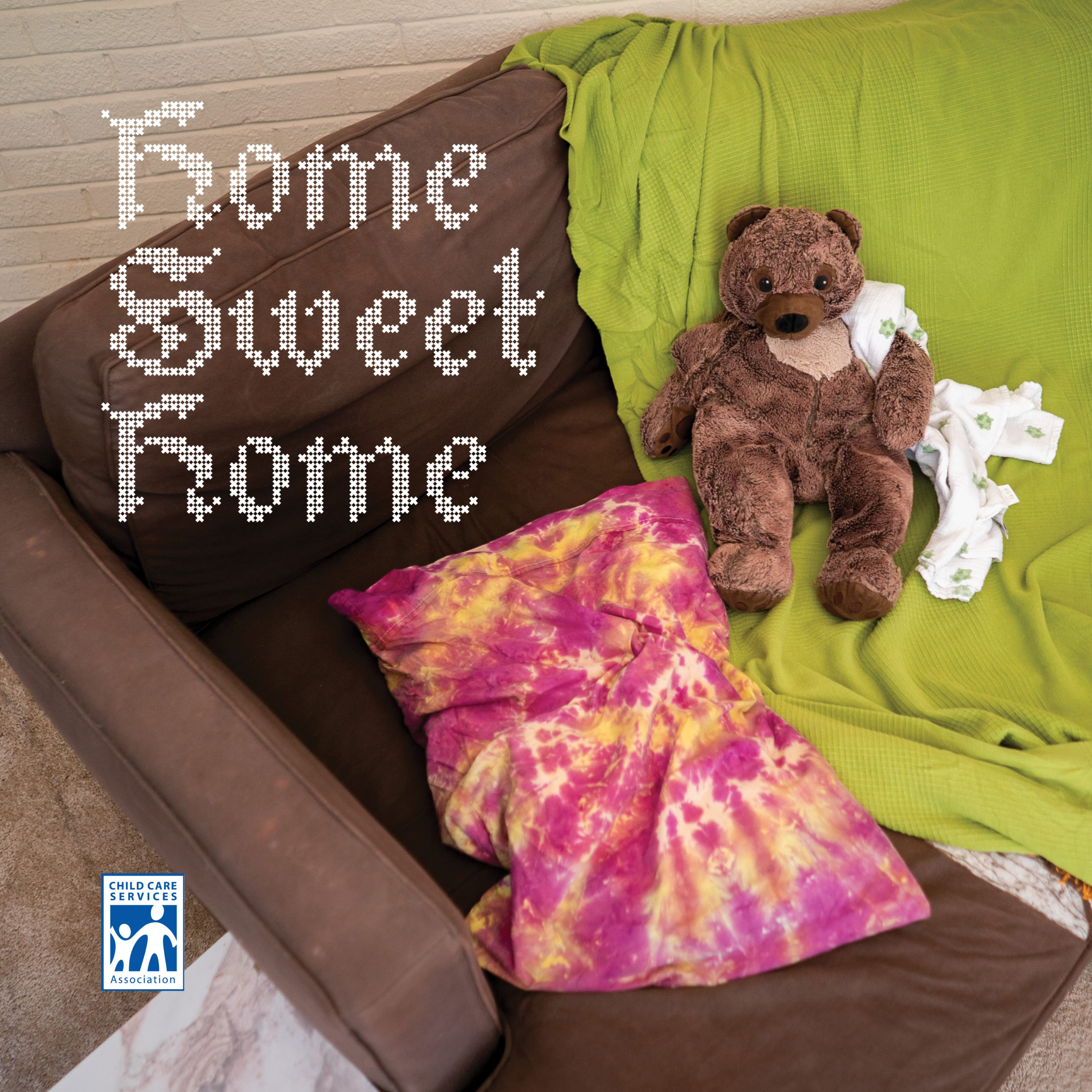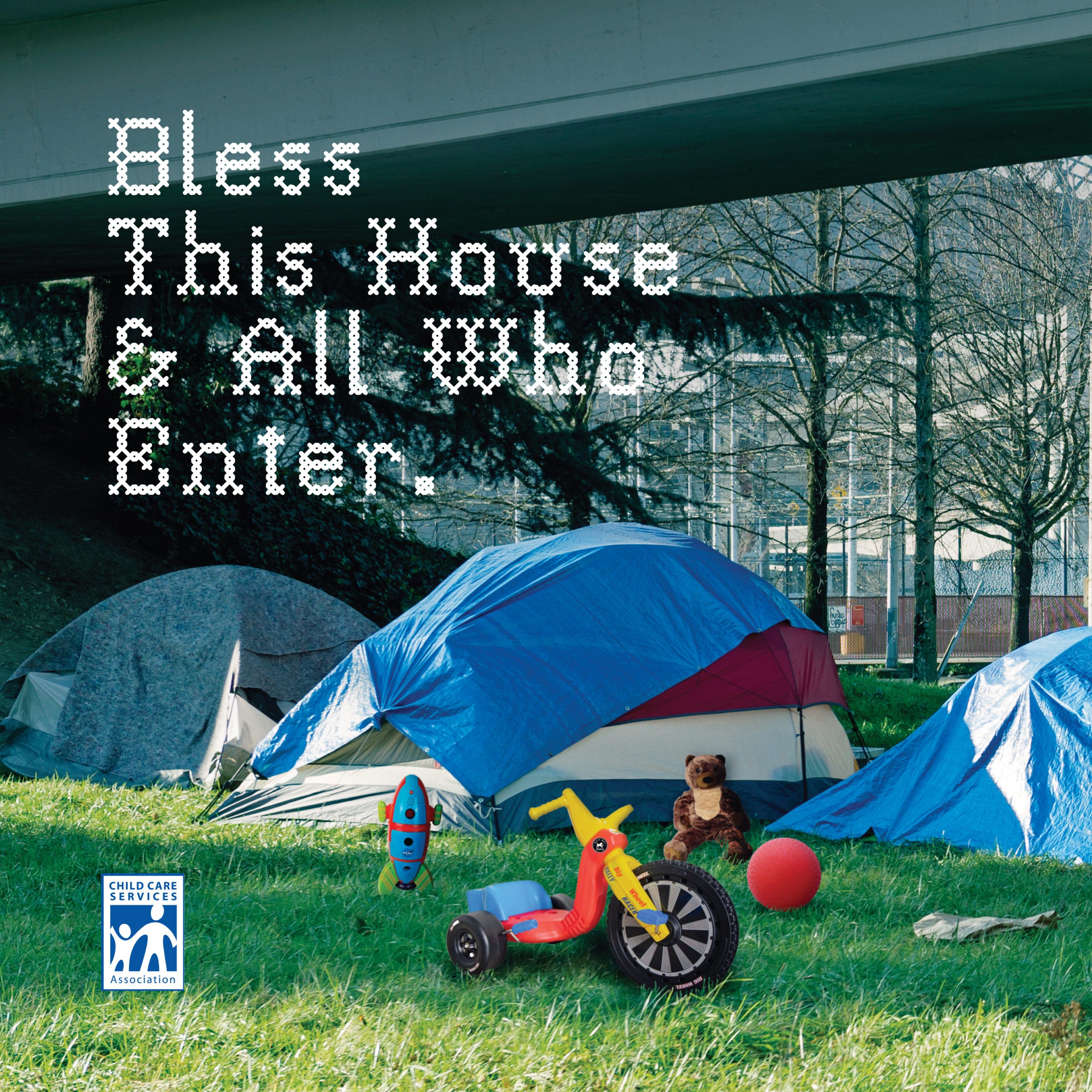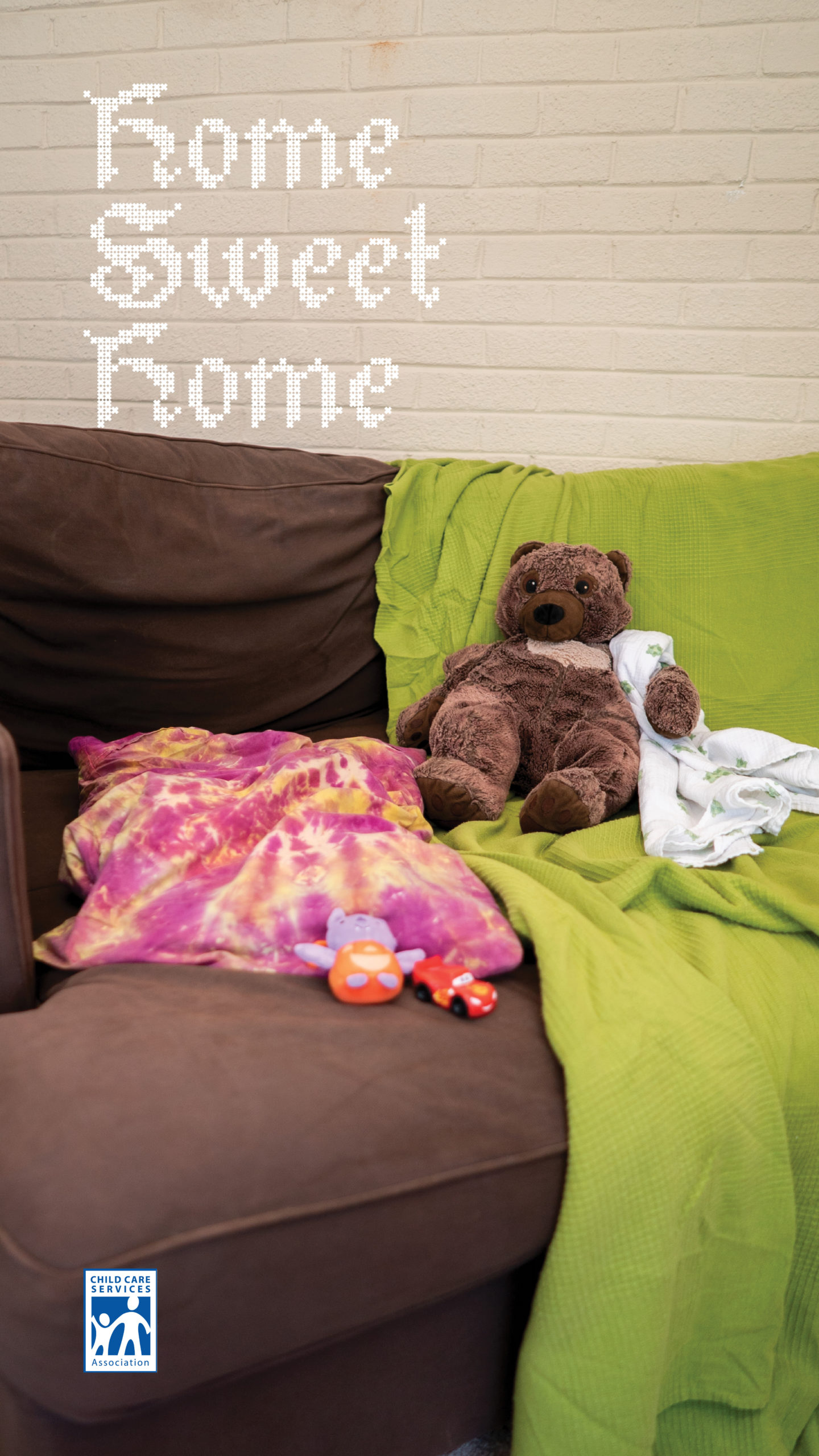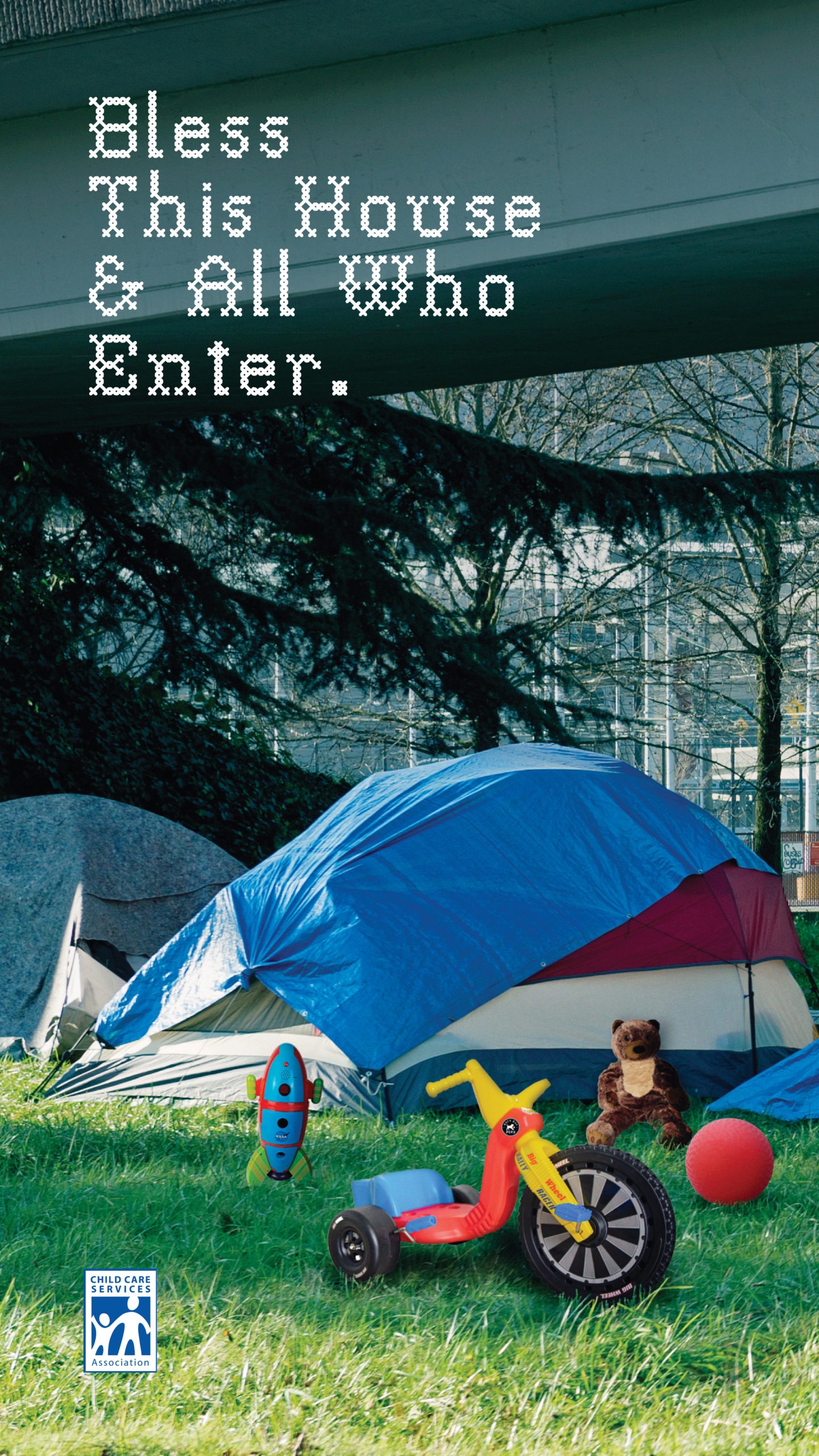Bringing Families
Every child deserves a safe, warm home every night of the year. This is not the reality for more than 30,000 kids in North Carolina.
Families are forced to call a friend’s couch, a shelter, or even their family car home for the night. This is an uncomfortable reality for young children experiencing homelessness. Families with young children deserve an easier path to secure, stable housing options.
When we think of homelessness, we don’t think of babies and young children. Yet, in our state, someone’s highest chance of experiencing homelessness is when they are an infant. Babies and toddlers deserve better. They need the love of our community to find them a home.
It’s time to forget what we think we know about children experiencing homelessness and step up for families.
It’s astonishing how many young children face homelessness.
When we think of homelessness, we don’t think of babies and young children. Yet, in our state, someone’s highest chance of experiencing homelessness is when they are an infant. Babies and toddlers deserve better. They need the love of our community to find them a home.
It’s time to forget what we think we know about children experiencing homelessness and step up for families.
Approximately 1.3 million children under age 6 experience homelessness each year in the United States.
Families with children account for an estimated 30 to 40% of the nation’s homeless population.
Young mothers are hardest hit. Female-headed families with no spouse make up 67% of low-income families (living below 100% of poverty) with children under age 6 in North Carolina.
Nearly 50% of children living in homeless shelters are 5 years old or younger, a problem for families, communities, states and our country.
All our infants, toddlers, and preschool kids must have safe, secure homes. Homelessness at any age can have devastating effects. Young children are particularly susceptible to the long-term impacts of homelessness because their brains are rapidly developing. Being homeless, even for a short while, can:
- Jeopardize health and early childhood development
- Create unique barriers to participating in early care and education
- Create a higher risk for abuse, neglect, violence, parental substance abuse and other traumatic experiences
Half of all children under 6 in North Carolina live in households at risk of becoming homeless. As a result, homelessness is often closer than families know.
Almost 1 in 2 of all children 6 and younger in North Carolina live in at-risk households. 48% of children under 6 live in families under the 200% poverty level – the threshold that allows a family to meet basic needs for housing, food, and other necessities.
In North Carolina, approximately 250,000 families are in the risk zone – 709,254 young children under 6 live in 500,261 families.

Ending homelessness is possible, but we must make it an even playing field for families with young children. In our state, safety has become unaffordable. Every community across the state has an unstable, ever-increasing housing market which leaves families needing a soft place to land.
- 26% of low-income families with children under age 6 in North Carolina moved at least once in the past year compared to 15% of all households.
- Nearly 4 out of 5 families (79%) with children under age 6 are renters.
- 1 in 5 families in North Carolina is at risk of becoming homeless every month. In addition, 214,000 (20%) of families with children aged ever-increasingly have little or no confidence in their ability to pay their next rent or mortgage payment.
- There is no easy path for these families. Only 1 in 4 eligible poor renter families receive federal housing subsidies.
North Carolina’s young children need your help. We need your voice. We need your fight to bring families home. This will not be an overnight success, but when voices come together, amazing things can happen.
Join the Bringing Families Home mailing list to add your voice and receive updates on how to help children in your community.
North Carolina’s motto is Esse Quam Videri, or “To be rather than to seem.” We are creating a movement to demand our state be for our young children rather than seeming to be. We can make an impact on young children together.
Get tips for young children experiencing homelessness right now.
Bringing Families
North Carolina’s motto is Esse Quam Videri, or “To be rather than to seem.” We are creating a movement to demand our state be for our young children rather than seeming to be. We can make an impact on young children together.
Get tips for young children experiencing homelessness right now.
- Learn the signs of homelessness and how to help – See The Signs
- Share the campaign on social media – Social Media Toolkit
- Share on Social Media

Meet Emmanuel Paul
Welcome to our employee spotlight series where we showcase the incredible individuals who contribute to the success of Child Care Services Association (CCSA). Today, we are thrilled to introduce you to Emmanuel Paul, our esteemed Chief Business Services Officer. Join us as we delve into Emmanuel’s journey at CCSA, gain insights into his evolving perspective of our organization, and discover the invaluable impact he has made over the years.

Why is Professional Development Important and Why Do I Need a Plan?
Professional development (PD) is key in any specialized career. By participating in professional development opportunities, you are able to increase your knowledge about a topic, learn new ideas and implement new strategies to advance your line of work forward. PD also shows a level of commitment to and respect for your occupation. In the field of early care and learning, PD “requires knowledge of how children grow and develop, skills to communicate effectively with children and parents, and a great amount of dedication and love for the work” (NCICDP, 2001).
RFP of Workforce Study Communications Plan Development for CCSA
Child Care Services Association (CCSA) is soliciting proposals from interested firms and individuals (Proposers) to provide Communications, Public Relations and Publicity services to establish CCSA, and position the 2024 North Carolina Child Care Workforce Study as the premier resource for early childhood educators in North Carolina through a robust, innovative, forefront Public Relations strategy.

Observations and Meaningful Change
When working with one of our skilled Birth-to-Three Specialist (B-3S) coaches, Practice-Based Coaching (PBC) participants get the benefit of supportive and constructive feedback related to their teaching and administrative practices. This feedback has the potential to not only improve quality in the child care facility, but increase professionalism and a sense of wellbeing for staff, children and families through development of a warm and nurturing environment. An essential part of the feedback process is regular PBC participant observation to understand the impact of classroom change as it occurs. Many participants ask for the reasoning behind our diligent observation efforts. In this article, we unpack how these observations work logistically, what they are intended to do and why they are essential to helping our project enhance our coaching services.
